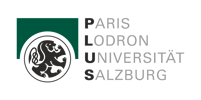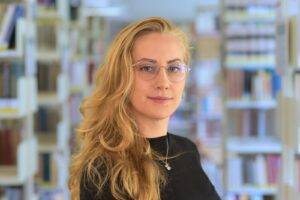ETHNOFARM research project
 Digitalization is currently rapidly changing the world of life and work in Austrian agriculture – with noticeable effects on family relationships, work processes and the use of new technologies. Particularly in Austria, where many farms are family-run, the increasing integration of digital agricultural technologies (AgriTech) is creating new challenges and dynamics between the generations.
Digitalization is currently rapidly changing the world of life and work in Austrian agriculture – with noticeable effects on family relationships, work processes and the use of new technologies. Particularly in Austria, where many farms are family-run, the increasing integration of digital agricultural technologies (AgriTech) is creating new challenges and dynamics between the generations.
The research project Generation Dynamics and AgriTech Transformation (ETHNOFARM), funded by the FWF as part of the “1000 Ideas” program, is therefore dedicated to the following questions: What role do digital technologies such as automation, AI or networked communication play on Austrian farms? What impact do the associated changes have on the relationships, communication and division of labor between the generations who live and work together on a farm?
AgriTech is taking on central tasks on farms today: these include digital communication, automation and AI, which are used in a variety of ways – from yield optimization and improving animal welfare to further training and digital networking of farmers. Although these technical solutions are often seen as a path to greater efficiency and sustainability, it is often unclear how they are actually implemented in everyday farm life and passed on between generations – especially in an environment that is strongly characterized by personal relationships and traditional knowledge.
ETHNOFARM’s innovative research approach is therefore participatory and ethnographic: The focus is on the voices of the farmers themselves. We want to understand how family farms deal with technological change, how decisions are made and tasks are redistributed, and how digital technologies can become bridges or barriers between generations.
The project works at the interface of media and communication science, agricultural science, sociology and computer science in order to better understand the role of digital technologies in agriculture from this interdisciplinary perspective. This approach provides key insights into digital change, media literacy, intergenerational communication and social integration – and thus creates a differentiated picture of the interplay between technology and traditional agricultural practices.
The aim is to stimulate social and political discussions about rural development, digital change, technology (acceptance) and generations and to make the perspective of Austrian farmers visible.
The project takes place at the University of Salzburg under the direction of Corinna Peil and Ricarda Drüeke.






